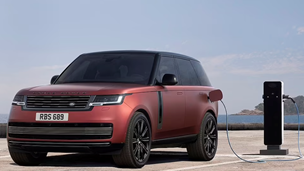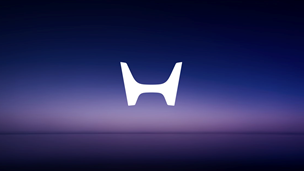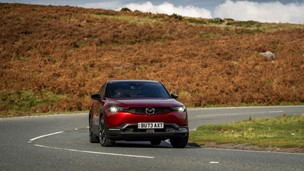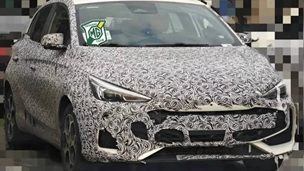It’s not that long ago that if you’d mentioned the name “Tesla” in the boardrooms of premium manufacturers like Mercedes-Benz, Porsche or BMW that you’d have been laughed out the door.
How could a blue-sky thinking Californian electric car company that makes a loss on every venture it starts possibly compete with industry giants who have been a mainstay in the motor industry for a century or more?
It was only last November when former Daimler chairman Edzard Reuter referred to Tesla as “a joke” compared to the might of German firms, but the laughter quickly dried up after the orders started pouring in for the new Tesla Model 3.
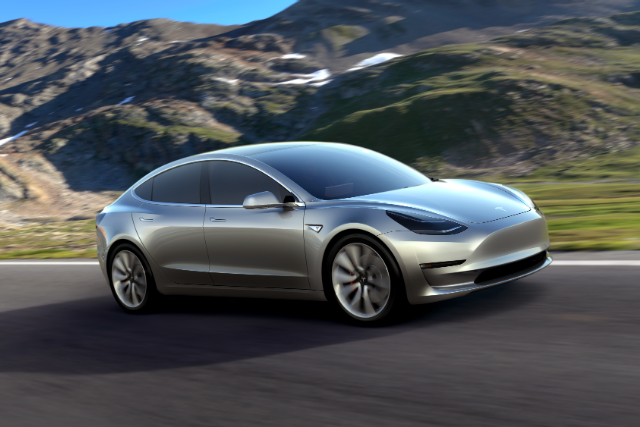
Amassing more than 325,000 buyers in the space of seven days, each of whom put down a $1,000 deposit for Tesla’s latest electric car, the Model 3’s debut was hailed as the biggest one-week product launch in history.
Once seen as nothing more than a glorified start-up, with the Model 3 Tesla has suddenly become a serious long-term threat to the viability of premium car manufacturers. Particularly for the Germans, whose industry employs more than 750,000 people and indirectly accounts for an eighth of the country’s jobs, Tesla has suddenly become public enemy number one.
Speaking to the LA Times, car industry analyst Ferdinand Dudenhoeffer says that German manufacturers are now taking Tesla more seriously by the day.
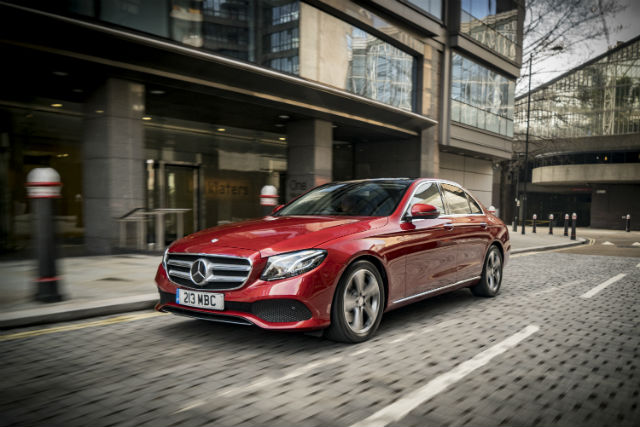
Tesla a long-term threat to German companies
“Germans have an enormous amount of pride in their engineering skills and believe they know everything that needs to be known about cars,” he said. “They used to think there was no way that anyone could possibly build cars as well as they do. And then along comes this young punk in California.”
That young punk, Tesla founder Elon Musk, is either directly or indirectly responsible for the glut of new hybrid and electric cars from German manufacturers, among them the BMW i-electric range and Volkswagen’s plans for new electric cars.
However, up until now German manufacturers have primarily concentrated on hybrid vehicles, matching electric power with the more familiar combustion engines, the success of the Tesla Model S in continental Europe is forcing them to change their minds.
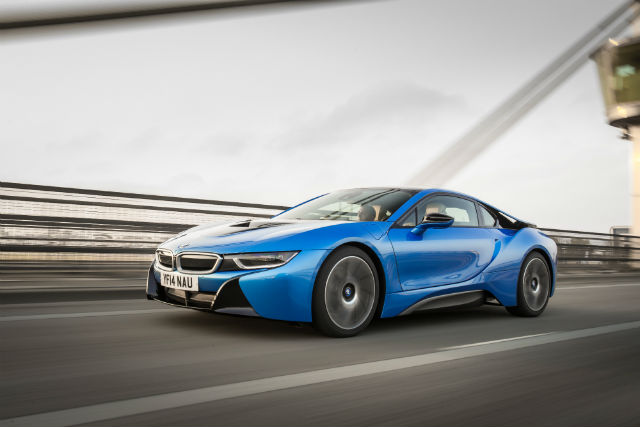
For a start, the all-electric offerings from BMW, Mercedes and Volkswagen all have ranges of in and around 80 to 90 miles, while the Tesla Model S can travel for up to 250 miles before needing recharged.
The Model S also outsold the second highest-selling electric car in Germany, the BMW i3, by more than 500 units. As a result, manufacturers like Audi and Porsche have been forced to accelerate development of electric cars, with Porsche’s Mission E sports car now a priority for the Stuttgart marque.
Last year’s Volkswagen ‘dieselgate’ scandal has also knocked the confidence of many Germans, for whom cars and driving are an extremely serious business. You only have to take a look at things like the Autobahn and the world-famous Nurburgring to realise that Germany is the beating heart of the world’s automotive business.
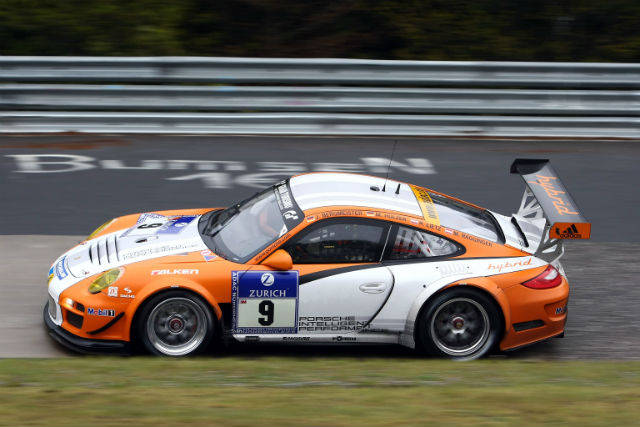
If there’s one thing that German manufacturers can take comfort in, it’s the fact that, for the time being at least, they’re still winning the numbers game. Some 15 million cars were made by German manufacturers last year alone, while Tesla manufactured a comparatively tiny 50,580.
But things are swiftly changing and a recent report from Automotive Industry Data claims that the Model S is now the best-selling luxury car in Western Europe. Add that to the fact that Tesla soon wants to produce 500,000 cars a year by itself, and it’s understandable how the Germans are starting to serious sweat it.
While many cling to the erroneous belief that Tesla is still just supplying a niche product to tree-hugging Californians and console themselves that electric cars will never have the appeal of a high-revving six-pot engine, others are more critical.
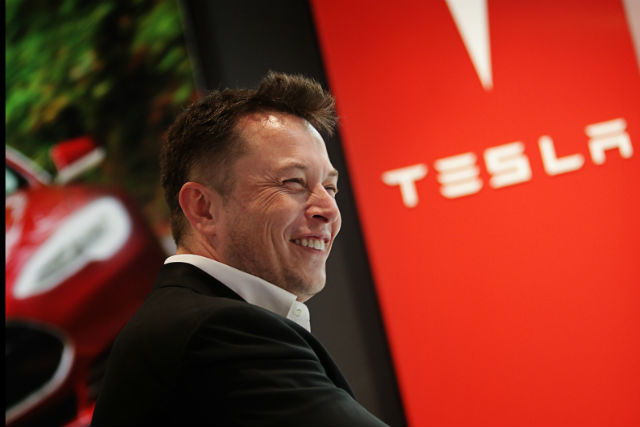
Doomsday scenario unlikely
Earlier this month, Daimler executives received a dressing-down from shareholders at the company’s annual general meeting, with several of 5,500 shareholders present criticising Daimler for allowing Tesla to aggressive push its way into the market.
Unfortunately for Daimler, like BMW, Audi, Porsche, Volkswagen et al, is that they don’t really have anything that can compete with Tesla. In fact, there’s no mainstream manufacturer in the world right now who can match the Model S’ uncompromising performance, luxury and zero-emissions motoring.
Now even non-industry figures have chimed in, with Claudia Kemfert, head of energy, transport and environment at the German Institute for Economic Research claiming that big manufacturers have been dangerously dismissive of Tesla’s ability.
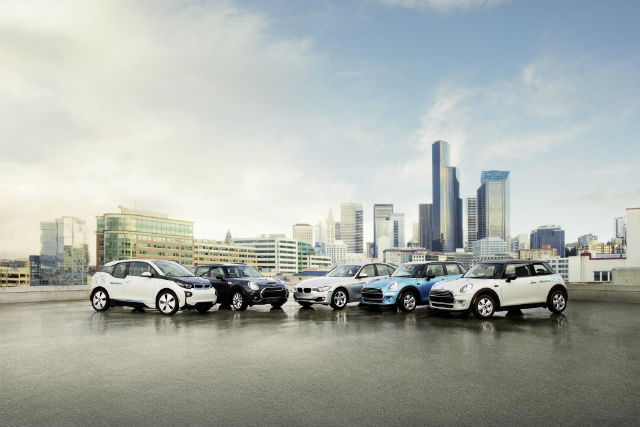
Comparing it to inventions like the fax machine or MP3 player, both of which were invented in Germany but popularised elsewhere in the world after their home market rejected them, she claims that German manufacturers completely misjudged the opportunities of electric mobility.
So will Tesla single-handedly be responsible for a doomsday scenario for German automakers? Well, it’s not likely. For one thing, companies like BMW and Mercedes are currently just too big to fail, but the success of the Model 3 and the Model S will come as a sharp wake-up call.
In the end, it’s not always the first to market that ends up dominating it. In the past, German car makers haven’t always been the fastest to adopt new technologies, but they often end up doing it better.
